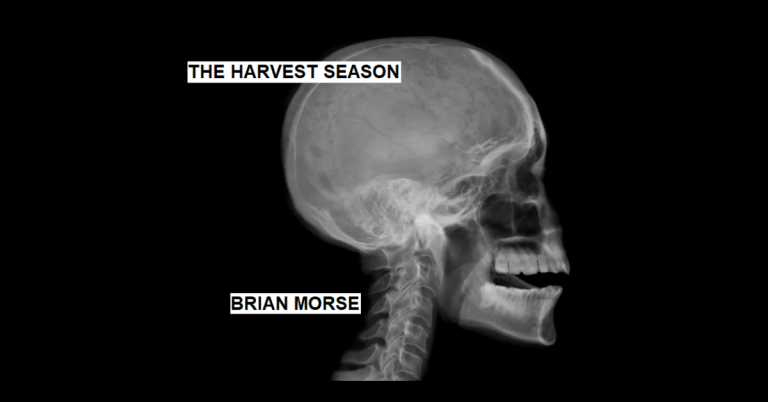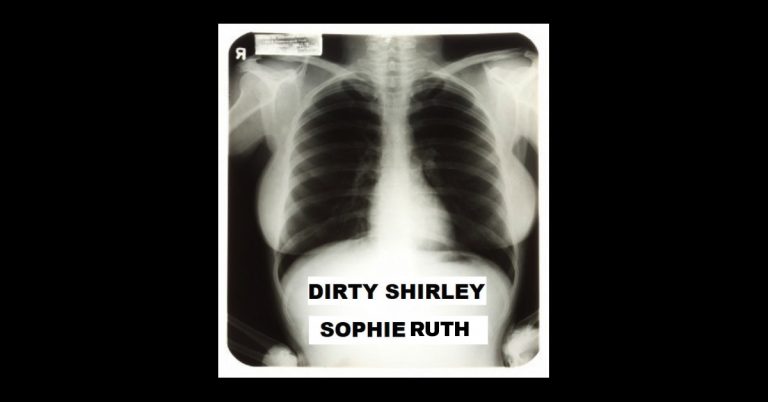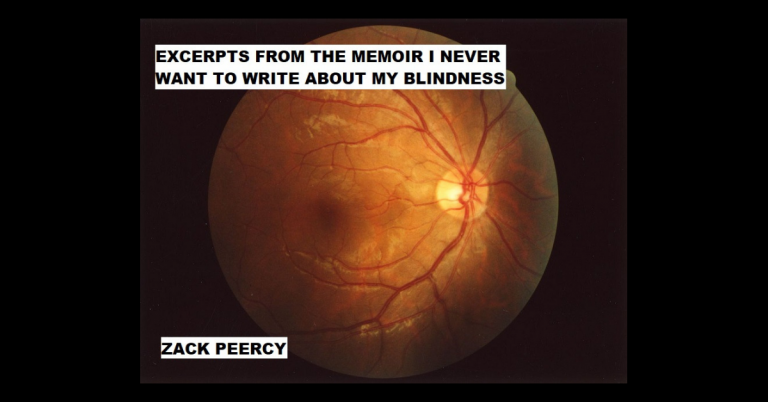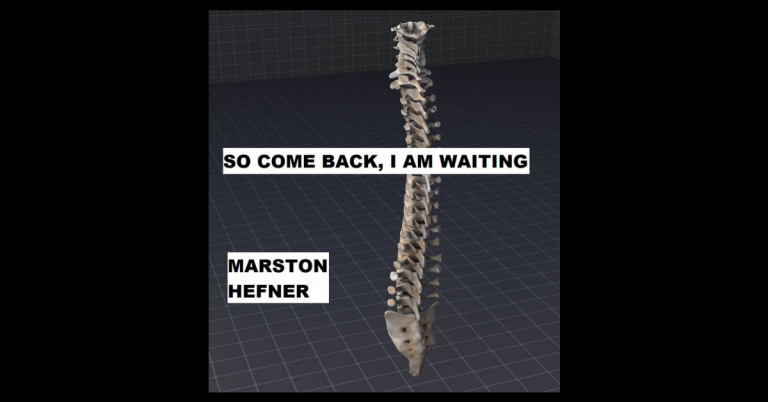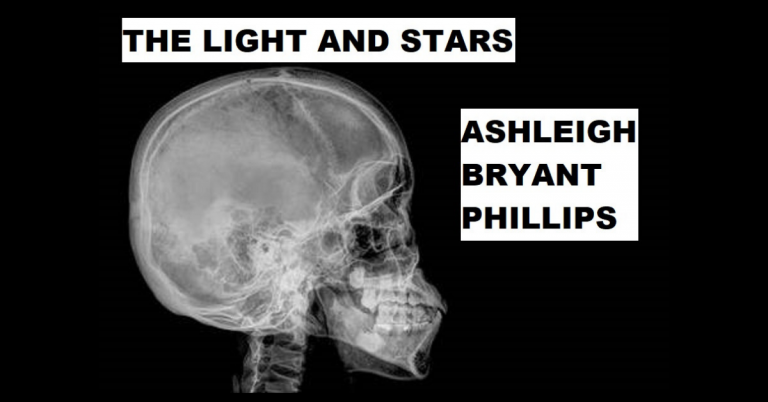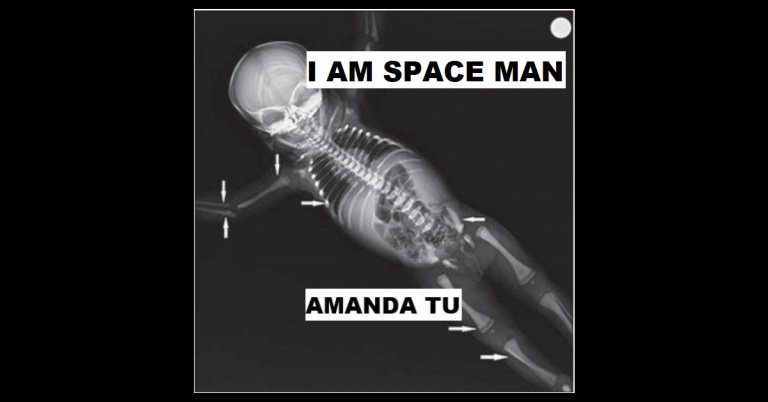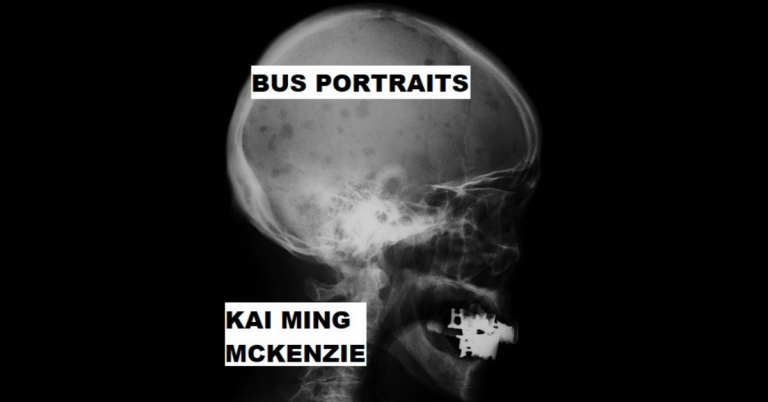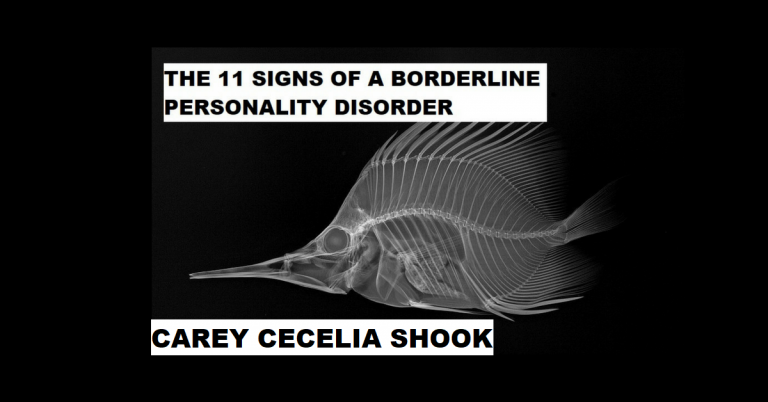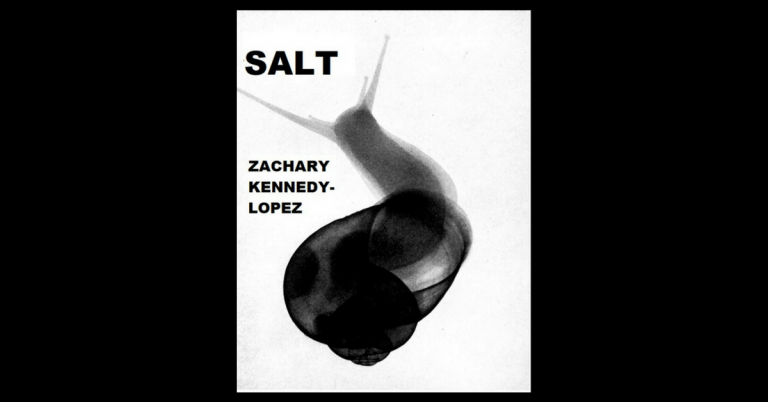Me, Myself, and Eye
My earliest memory is my mother’s panicked expression as she grabbed my face and told me to look at her. I assured her, as best a three-year-old could, that I was looking at her. I had developed a lazy eye, but that wasn’t my first foray into the world of eye troubles.
When I was thirteen months old, I was a quiet baby who didn’t cry, but whose eyes darted back and forth and watered continuously. I’m told my eye pressure at the time was 40, which is extremely high. I was diagnosed with open-angle juvenile glaucoma. The lazy eye, my left eye, my weaker eye, would be a later side effect. Multiple surgeries would take place by the time I was five.
Before I knew how to spell, count, or tell time, I knew I was partially blind. I had to wear glasses long before I knew how to take care of them; even in the McDonald’s PlayPlace ball pit, where a pair still remains undiscovered. I was told for years that a field of vision test was “just like a video game." I had to bring a note on the first day of every school year that explained why I needed to sit in the front row and completely throw off the alphabetical seating chart. I know how to live with it because I’ve never lived without it.
I find it hard to write about my disability for two reasons.
One reason is that I don’t fully grasp it. For most of my life, it has been something handled for me, never by me. All doctor’s updates were directed at my mother, and most of the terms flew, and still fly, over my head. I am not an expert on my disability, which makes me feel like a fraud.
The other reason is that I have the luxury of hiding my truth. You don’t see me as disabled until I tell you. And when I tell you, when you see me that way, even when your intentions are good and your heart is pure, I become incapable in your eyes. It becomes easy for you to see me as someone who cannot achieve anything. And that’s a hard way to be viewed.
But I’m going to try to write about it. So I can see myself clearly. For once.
Explaining Myself
Loosely cup your hands around your eyes like a big pair of binoculars. Now you see what I see.
That’s the explanation I’ve used since middle school because it’s simple; makes me sound like I understand what is wrong with my eyes and I’m dumbing it down for outsiders. It was harder to explain when I was younger.
It started with a cloth eye-patch that would go over the left frame of my glasses. It was used to strengthen my right eye and alienate me from fellow toddlers. I had two alternating patches; one with an embroidered train, the other had a teddy bear. I would wear my glasses lower on my nose and just look over them.
This resulted in an upgrade: flesh-colored adhesive patches that covered my eye and stuck to my young thick Italian eyebrow. My routine became:
Have my mother administer drops.Put on a fresh eye-patch.Have concerned peers on the playground ask me what happened to my eye.Itch around my eye.Have an attendant at the after-school center rip off my eye-patch to administer eye drops.Rub my eyebrow.Put on new patch.Have my mother rip off my eye-patch before bed to administer drops.Rub my eyebrow.From a distance, you would look at me, the flesh tone of my eye-patch blending with my skin, and think I didn’t have a left eye socket.
In middle school, I didn’t have to wear the patch and came up with the binoculars metaphor. I was selective with who I told, but word got around. I was never bullied, but it did come up. It was acknowledged, but never outright mocked. Velma from Scooby Doo, a white Ray Charles, Mr. Magoo, a white Stevie Wonder, or, as a friend from AP English said, “an ancient Greek oracle, a blind prophet.” Or a white Denzel Washington from The Book of Eli.
I would laugh along, only slightly bruised, but knowing that most of the people used as references were fully blind. They didn’t have the luxury of the label and the ability to see the person pointing the finger.
Now, I mostly refer to myself as “legally blind.” An asterisk next to my disability. A technicality. Something I get to use if I need it, hide if I don’t, be ignorant about, and reap the benefits from. A privilege.
Sometimes I’ll try to look up articles about glaucoma and learn about the details of what’s happening to my diminishing peripheral vision and deteriorating optic nerves, but usually, I just get depressed.
There’s no magical eye drop or surgery that could cure me. It can be stabilized when monitored correctly, but any vision lost can’t come back. Right now, I don’t see the importance of becoming an expert. All it would give me is more acute anxiety.
You’re standing on a mountain looking at the most beautiful landscape you’ve ever seen. Loosely cup your hands around your eyes like a big pair of binoculars. To your surprise, you see the magnified details of the landscape and notice a growing darkness racing towards you. There is no way to escape. The darkness will consume you. Do you focus on the darkness for the remaining moments? Or do you put your hands down and enjoy the view while you can?
Movies
I love movies. I have felt stronger emotions toward movies than I have most people. Friendships have been ruined based on opinions about movies. And one day, maybe, my glaucoma could progress to the point where I would never be able to see a movie again.
It’s hard for a young kid to sit still in an exam room and get their eye pressure taken. You have to rest your chin on a big metal device with lots of lights and rotating parts. The doctor tells you to stay perfectly still, look forward, and don’t blink as a small blue-glowing nub comes towards your eye. Luckily, pediatric ophthalmologist, Dr. Arthur had a TV in a cabinet in the corner of his office with a VHS player.
I would spend hours as a seven-year-old agonizing over whether to bring The Jungle Book, Beauty and the Beast, or The Lion King. The selection was ultimately pointless. I’d only get to see about four or five minutes before my pressure was checked. But I was always transfixed. So much so that I didn’t realize until years later that the blue-glowing nub was even touching the surface of my eye.
I’ve spent a lot of my life looking past what is happening to me and focusing on a film. Instead of focusing on an eye exam, I’ll watch “The Circle of Life” from The Lion King. Instead of wondering why the cable’s been turned off again, I’ll watch School of Rock. Instead of dealing with my unresolved emotions over a break-up, I’ll watch Sleepwalk with Me five times in a row.
On the nights when my mind anxiously wanders through all the possible scenarios of my life and my health and my vision, I wonder what the last movie I’ll ever see will be.
I hope it’s a good one.
Bad Habits
When asked if they brushed their teeth, it is instinct for kids to say Yes, even if they mean No. That same instinct kicks in when you ask a kid if they put in their prescribed eye-drops every morning and before bed every night. They say, “Yes, I’m taking the drops that regulate my eye pressure so it doesn’t get too high and weaken my optic nerves,” but they mean, “No, I’m ten years old with terrible aim and no concept of responsibility.”
I don’t know if my mom knew I wasn’t taking my drops. I do know that every three or four months, when we went to an eye doctor appointment, she would give me the drops right before going into the office. I do know I grew up without facing the consequences of having a messy room, not doing laundry or dishes, general laziness. I don’t know if it’s fair to entirely blame my mother for my bad habits. Shouldn’t I be held accountable too? She never communicated the severity of my condition to me, but I never asked questions to begin with. She never made sure I brushed my teeth, or cleaned my room, or took my drops, but I never cared about myself enough to start of my own accord.
At a point, I became willfully ignorant.
At a point, I went to college over eight hundred miles away in the Western Mountains of Maine where I didn’t take an eye-drop or see an eye doctor for four years.
While engrossed in Theatre and Creative Writing classes, I neglected my physical and mental health, like a majority of college students. There was a subconscious belief that I was immortal. I could bounce back from anything. Everything.
Now a year out of college, I have to actively tell myself that I can’t eat pizza every day, that I have to brush my teeth before bed, that I should try to stretch in the morning, and that I have to face the inevitable consequences of the effect these last five years have had on my eyes.
At the time of writing this, I’ve scheduled an eye doctor appointment. I’m trying to figure out how my insurance works. I’m trying to make sure I have all the right records and information. I’m trying to not stress myself out about my deteriorating vision. From my perspective, nothing about my vision has changed, but since when have I been an expert?
I don’t regret my actions. For a brief time, I got to live without a disability. Or at least pretend to.
Defining Myself
I once had a friend ask me if he was only getting cast in productions because of his race. He was constantly overthinking things, so I gave him a stern, “No. You’re a talented actor, duh.” I thought he was crazy to assume that his race was a factor in a talent-based audition.
Then I started applying for jobs, fellowships, and gigs. To stand out on the page, I would identify as a “legally blind playwright” to hopefully off-set my checked boxes of “white” and “male.” I got a small sliver of what my friend experiences on a daily basis. Is my work being recognized as good work? Would I receive the same attention anonymously? If I get a great opportunity, is it because of my talent or because I fit into “a diverse collection of writers”?
But, walking down the street, I get to blend in. In classes and workshops, my disability is never a factor in the work I present or the notes I give. I never have to speak on behalf of a whole community or justify my right to exist. I get to hide in plain sight, only revealing the full truth when it’s convenient for me.
I’m always trying to find that balance of identification. In high school, my IEP teacher would always tell me if I needed anything, like an iPad or something, the state would pay for it. Of course, I wanted an iPad, but I never needed one for anything related to my vision. I always understood that those resources should go to other IEP students who actually needed assistance.
However, there are resources I do need. I’ll never be able to drive, so I need to live somewhere with a good public transit system. I’m currently applying to get special rates on transit because costs add up quick. And I dream of the not-so-distant future where self-driving cars give me the independence felt by every teenager with a fresh new license.
It’s a hard line to walk: advocating for myself, but trying not to take advantage. Fully representing myself, but not letting my disability define me. Blind, but only legally blind.
Right now, I define myself as Zack Peercy, a twenty-three-year-old writer who loves pizza, movies, and theatre. I don’t have a good singing voice, but that doesn’t stop me from trying. People in my improv classes think I’m weird, but seldom in a good way. I spend a lot of my time fabricating the reality that my friends hate me. That U2 album is still on my iPhone because I never figured out how to delete it. I probably masturbate too much. And I feel more comfortable sharing personal things on stage or in my writing than I do with the people I love.
My disability is part of what defines me, but it’s not how I define myself.
Am I renouncing my community by saying that? Am I doing enough with my privilege to speak out for others? Is it my responsibility as someone on the fringe to speak as or for this community? Am I writing about this for my own journey, or am I writing for you to see me as someone special, honest, real? I’ll get back to you on that.
Looking Myself in the I
My eyes, with a panicked expression, grab my face and say, “Look at us. Acknowledge us.”
And, after twenty-three years, I do. As best I can.
Listen to the audio recording of this essay on SoundCloud here.
